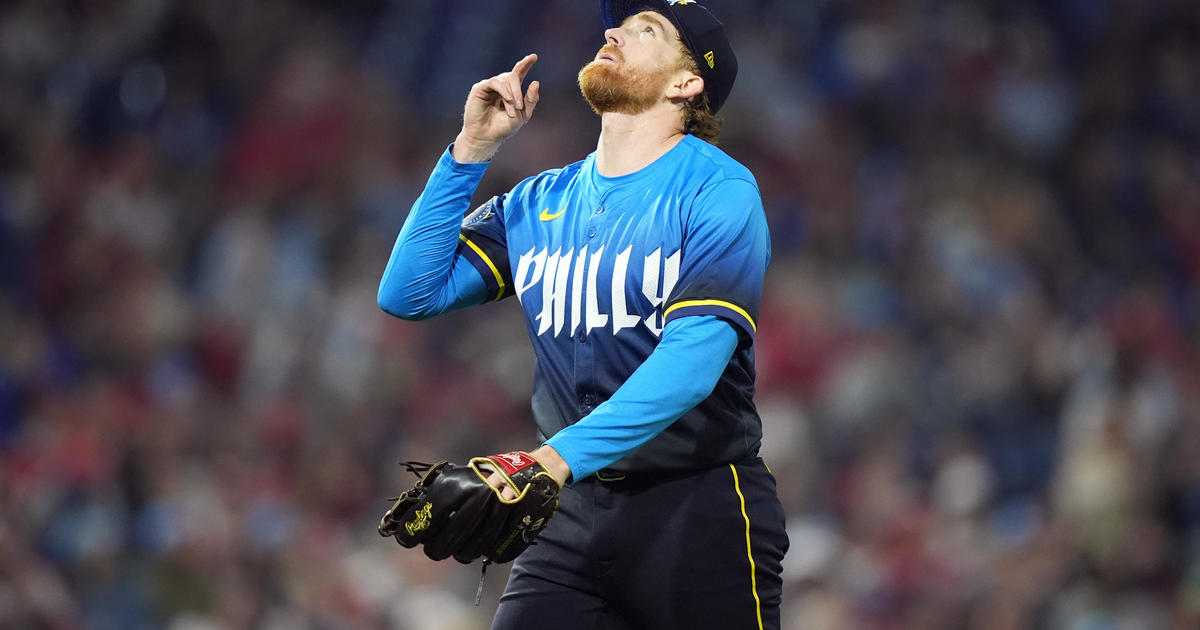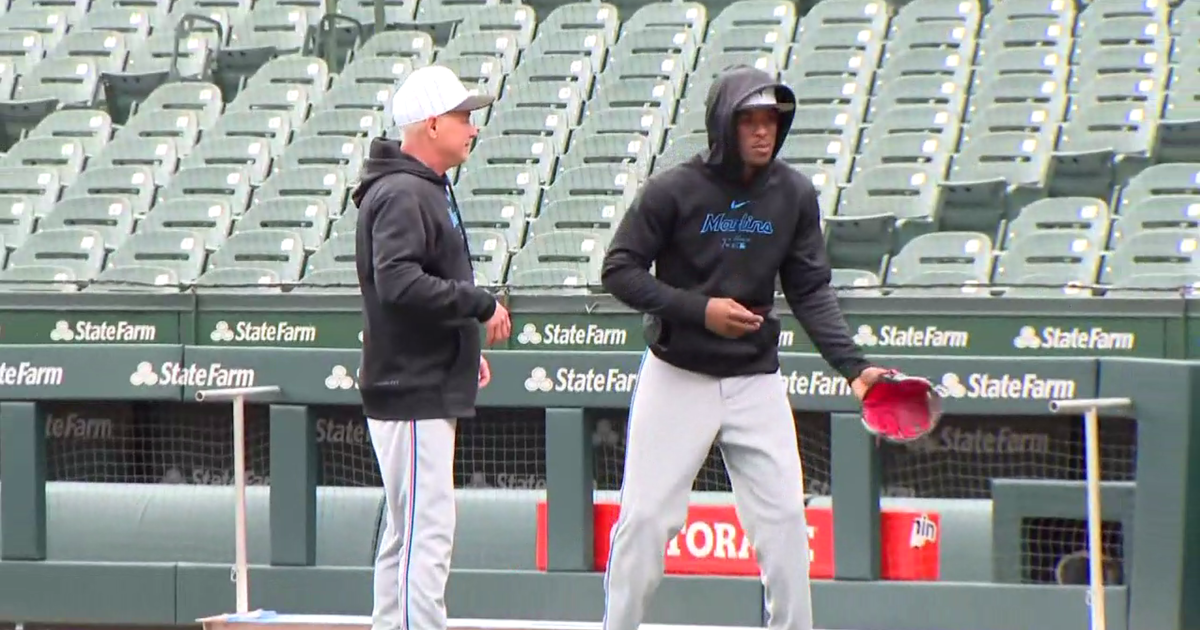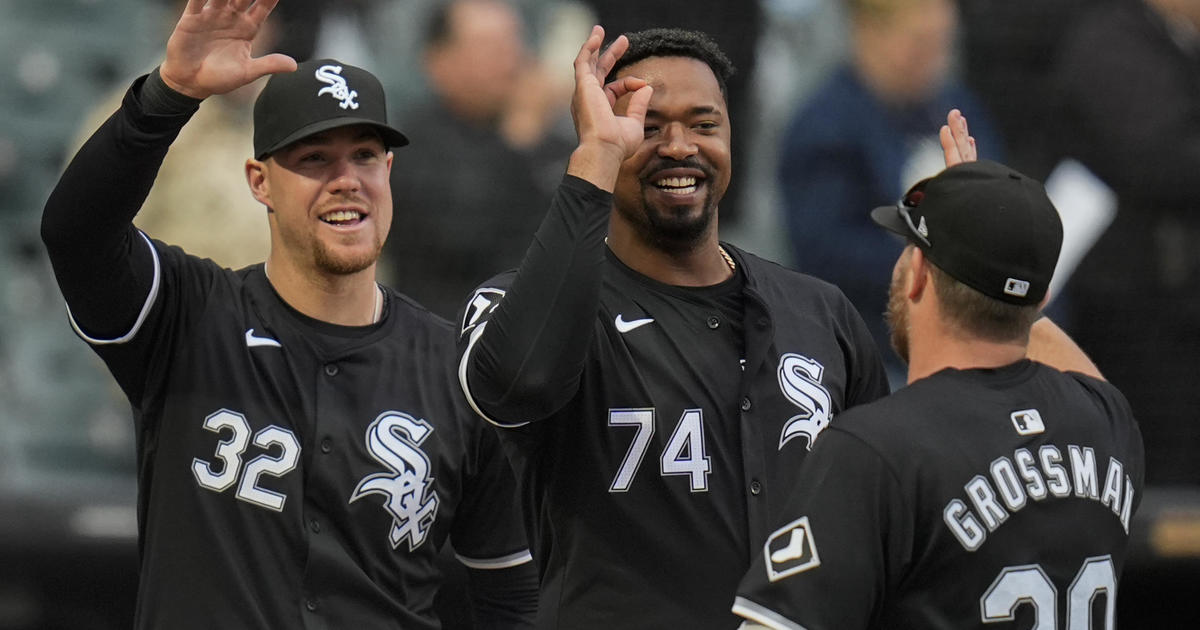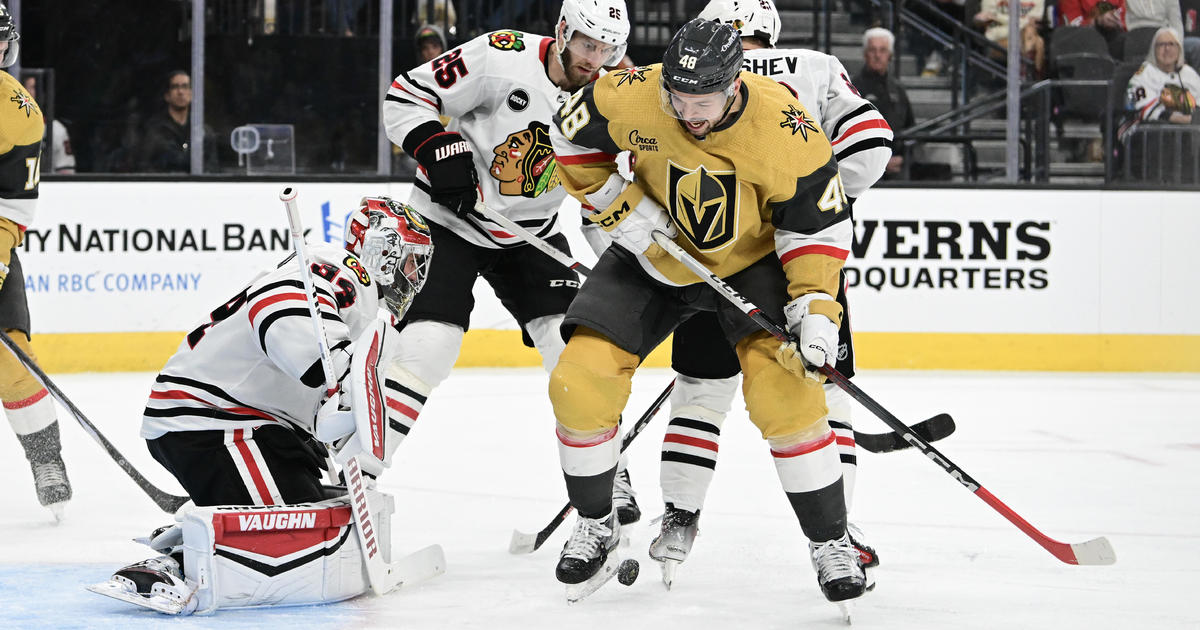Angi: Selling At Deadline First Step Of Many For Sunken Sox
By Cee Angi-
(CBS) It wasn't abundantly clear in April that this would be the season where the White Sox came unhinged, but at the midway point, there's little question that they are done for 2013.
When you quantify the ineptitude, it's even worse: The Sox are on pace for 97 losses, which would be their worst performance since 1976. They are currently 14 games out of first in the division, and even further out of the American League wild card.
The only appropriate response to the team's struggles is shaking one's head. How could a team that won 85 games last season (and nearly won the division) crumble so fast while fielding largely the same lineup? There's no simple answer to that question, but this season's struggles prove two things: Spending $118 million on a roster doesn't guarantee wins, and when you're operating under a self-imposed ceiling for spending and have an empty farm system, there's no clear path to improvement.
The White Sox have never had a clear strategy for roster construction, mostly because they haven't been backed into that corner in years. Remaining competitive in the AL Central has been simple since there hasn't been a dominating team; marginal roster improvements have generated outsized results in a division that in the past 10 years has required just 88 games to win on average. The Sox have had three seasons this century where they've been somewhere between pretty good and excellent (2000, 2005, and 2006), but thanks to the division, they've mostly gotten by with rosters that have been just okay, not too good, and not too bad.
This coming rebuild was inevitable. It probably should have happened prior to the 2011 season, but the Sox decided to take another spin with their current core, re-signing A.J. Pierzynski and Paul Konerko and adding free agents Adam Dunn and Jesse Crain, instead. All this did was kill time; the decision netted a third place finish in 2011 and a second-place team in 2012 that was more of a tease than a true contender. The high finish, the result of players like Pierzynski, Konerko, Jake Peavy, and Chris Sale simultaneously reaching their upside, created a false sense of security.
When the team collapsed last September with a record of 11-17 and finished second in the Central behind the Tigers, it wasn't seen as indicative of larger roster problems like low on-base percentage and diminishing power, but was shrugged off as being the result of injuries, exhaustion, and over-managing by Robin Ventura. As a result of their willingness to accept their accomplishments at face value, the Sox maintained their status quo in the offseason, adding just Jeff Keppinger and Matt Lindstrom. It was a strangely inadequate response given that the team had hit 211 home runs and still won only 85 games.
Before July is over, the strategy of the organization and the faces around the clubhouse will both have to change dramatically if the team is to recover quickly, and selling at the deadline is just the first step to improving the roster, with undoubtedly more moves to follow in the offseason. Rebuilding has never been simple, and it has gotten even harder with the advent of caps on international and amateur draft signings and the way teams and players are avoiding the free agent market. In order to rebuild quickly, the White Sox will have to make trades, but it's a strategy that will require a paradigm shift in the organization's relationship with prospects.
Love him or hate him, former general manager Kenny Williams made trades with the narrow aim of winning now. If you read about the moves he made in his tenure, the phrase you'll see repeatedly is "big splash."
Some of those moves paid dividends—Carlos Quentin was a much-needed boost to the 2008 roster, Scott Podsednik provided speed (and that important home run) for the 2005 World Series team, and the years with Jim Thome were good—but Williams' desire for wins today instead of a year or even two years later meant the White Sox saw most prospects as having just one value: Currency for acquiring established talent.
The problem with being the buyer in a series of blockbuster deals is that when the farm is empty and the team you're fielding can't perform, you're handcuffed to the memories of players like Gio Gonzalez, Chris Getz, Chris Young, and Brandon McCarthy, all of whom were traded before they could impact the major-league roster. The point isn't that Getz and the others turned into Hall of Famers -- they didn't -- but that dealing them off boxed in the Sox in in other ways.
The Jake Peavy trade in 2009 has been a constant reminder of the expense of established talent. The White Sox gave up Dexter Carter, Aaron Poreda, Clayton Richard, and Adam Russell in the trade, and since Peavy was on the disabled list when the trade happened at the deadline, he made just three starts that season. While Peavy has endeared himself to the Sox faithful, he's been expensive (earning $47.5 million since 2010) and has only pitched one full season in Chicago.
It's unclear which players the White Sox will trade before the deadline, but the best trade chips are Alex Rios, Adam Dunn, Jake Peavy, Jesse Crain, and Alexei Ramirez. In return, the Sox will get fringe major-league talent, which may make the short-term outlook of the team even more miserable, and, it is to be hoped, a stock of prospects to replenish the depleted farm system. Just like any approach to roster construction, trading offers no guarantees, but the influx of new talent (and the high draft picks that come with a losing season) will be a good entry to long-term stability.
Any move at the deadline, however, forces the organization to not only acquire, but to successfully manage and develop young talent. The obvious question, the answer of which we can only guess, should be asked of Williams and his successor Rick Hahn: Can old dogs really learn new tricks?
Cee Angi is a freelance sportswriter, whose work has appeared at Baseball Prospectus, The Platoon Advantage, The Classical, and is currently one of SB Nation's featured columnists covering Major League Baseball. Follow her on Twitter @CeeAngi and read more of her CBS Chicago blog entries here.




